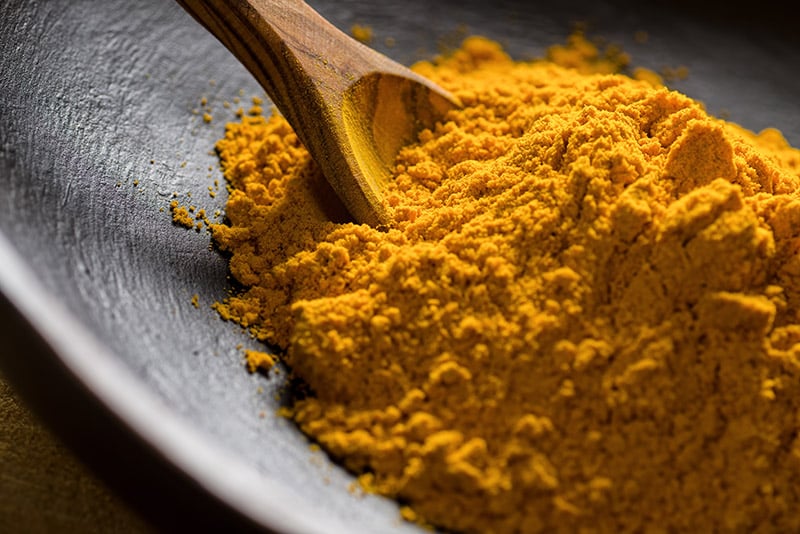Recent research by a team from the Kwame Nkrumah University of Science and Technology (KNUST) has produced troubling findings concerning turmeric powder sold in markets around Greater Accra, Ghana. This study, led by Associate Professor Christopher Larbie, focused on the safety and quality of turmeric products, which are popularly used for culinary as well as medicinal purposes in the country. Comprehensive sampling from 10 different markets, including known locations like Agbogboloshie and Malata, revealed widespread adulteration. The team analyzed twenty turmeric powder products and discovered that each sample contained harmful substances, notably chalk and Metanil yellow, a food colorant not approved for use in Ghana. The presence of these contaminants raises significant health concerns, initiating a call for public awareness regarding food safety and quality in local markets.
The findings highlight that the adulteration process often aims to enhance the visual appeal of turmeric while increasing its quantity. Chalk is typically added to achieve a deeper yellow color and to bulk up the product, ultimately compromising its authenticity and nutritional value. Among the significant findings, the research showed that the health risks associated with consuming such adulterated turmeric could be severe, including the potential development of serious conditions such as liver cancer, cardiovascular diseases, kidney problems, and peptic ulcers. The use of Metanil yellow, in particular, poses a variety of toxic effects on the body, including damage to the liver and reproductive systems. This unnerving information prompts concerns not only about the immediate effects of food adulteration but also about the long-term consequences that could emerge.
The nutritional analysis conducted in the study revealed a stark reduction in the levels of essential nutrients typically found in pure turmeric powder. Vitamins B1 and B2 were found to have diminished by approximately 90% and 92%, respectively, while Vitamin C was completely absent in the tested samples. Curcumin, the active compound known for its health benefits, exhibited a shocking 72% reduction. These decreases signify that consumers relying on turmeric for both preventative health and therapeutic purposes are effectively being deprived of crucial nutrients due to adulteration. Professor Larbie suggests that the nutrient deterioration might also be attributed to prolonged exposure to open air, as many of the vitamins present are heat-labile, meaning they can degrade when subjected to certain environmental conditions.
The ramifications of regularly consuming adulterated turmeric powders can result in significant adverse health effects. The researchers underscored that the human body can be highly sensitive to such impurities, leading to gastrointestinal disturbances such as diarrhea, dysentery, and vomiting. The long-term risks associated with contaminated food products can escalate into life-threatening diseases. According to Professor Larbie, the importance of this research lies in its ability to foster increased public awareness and education on the potential dangers of consuming adulterated food items, especially as turmeric is often considered a staple in many households for its various health benefits.
Experts urge that routine food quality surveillance is essential to capture the scope of adulteration in the food market and safeguard public welfare. Additionally, they recommend educational initiatives to equip consumers with practical knowledge about identifying adulterated products. One suggested method for testing turmeric powder at home involves dissolving it in water; if the powder takes an extended time to dissolve, it likely contains chalk. Furthermore, staining on the tongue with a yellow color after ingestion could indicate the presence of Metanil yellow, providing a quick preliminary check for consumers. By arming the public with these tools, there is potential for greater accountability among sellers and improved overall food safety.
Ultimately, the revelations from this study underscore a pressing need for action to address food adulteration in Ghana. The health implications of consuming products laced with unapproved substances like chalk and Metanil yellow are enormous and cannot be overlooked. The research serves as a wake-up call to all stakeholders, including regulatory bodies, food suppliers, and consumers, to foster a more vigilant approach toward food safety practices. By prioritizing education and promoting rigorous surveillance, there is hope to reduce the occurrence of food adulteration and ensure that nutritional integrity is maintained within the marketplace, leading to healthier outcomes for the population.














